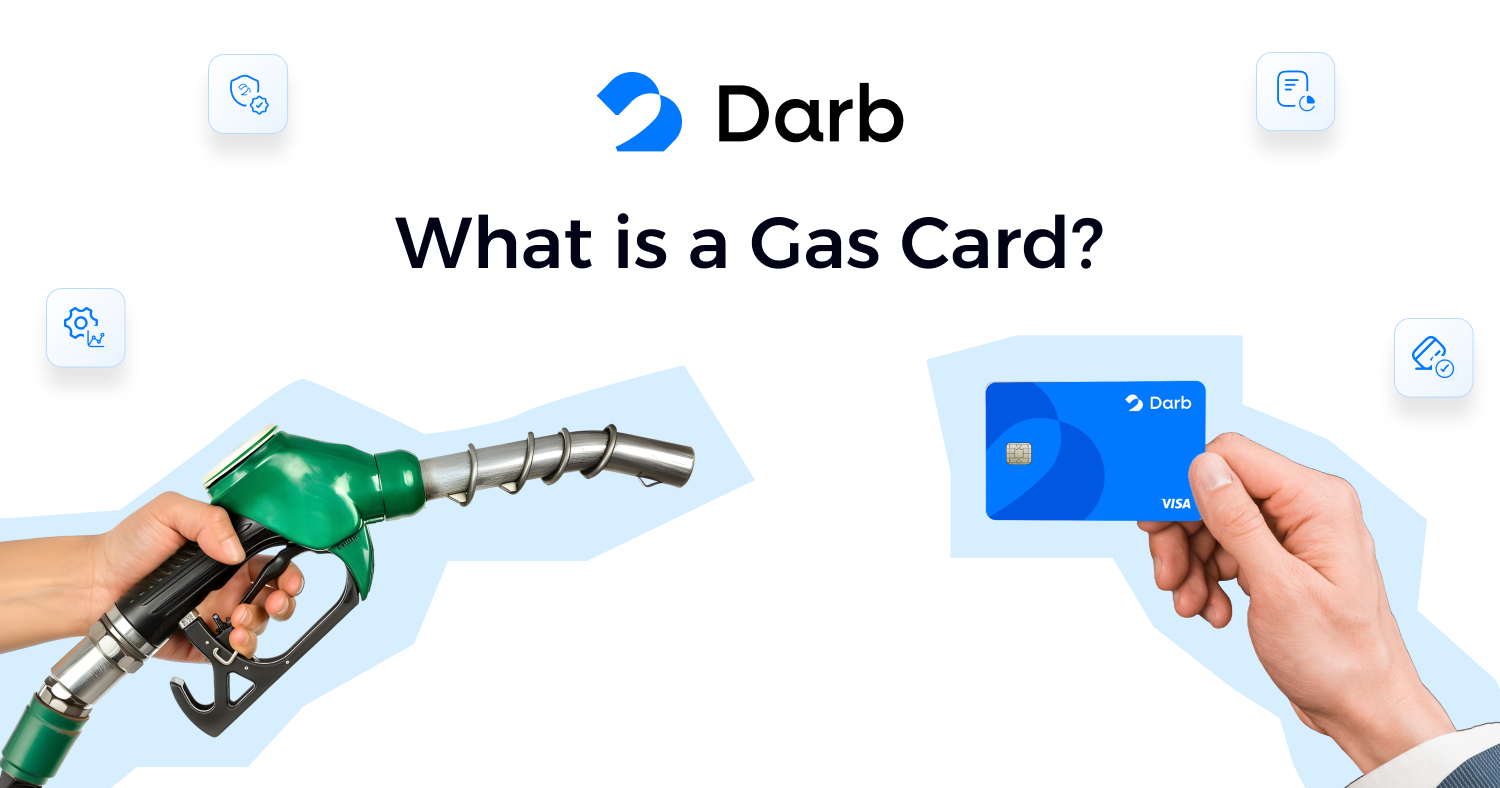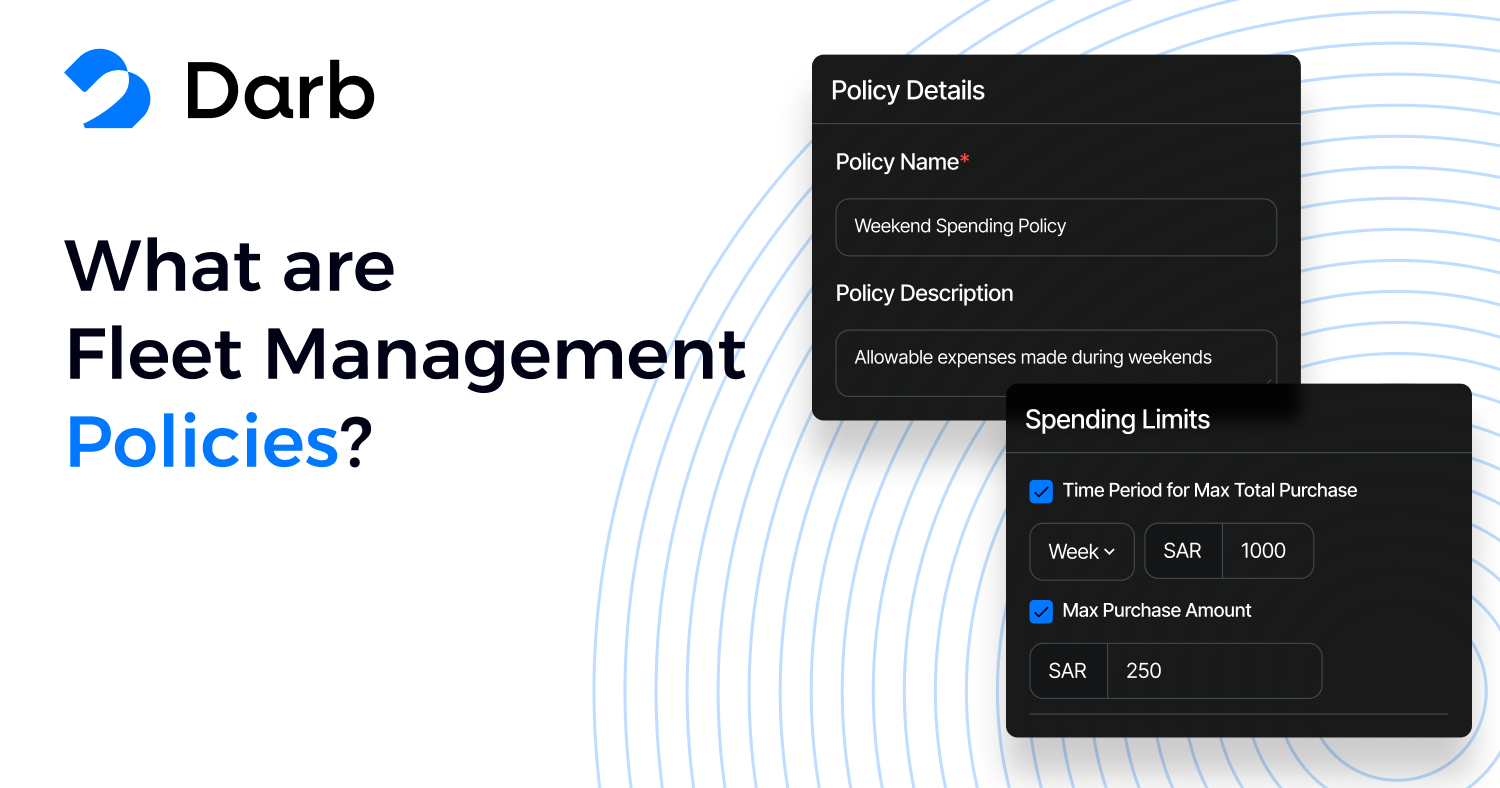- Optimize Vehicle Utilization
- Rightsizing the Fleet: Assessing the actual fleet needs and eliminating underutilized vehicles can reduce maintenance and insurance costs.
- Fleet Sharing: Encouraging the sharing of vehicles among different teams minimizes the number of vehicles needed on-site.
- Route Optimization: Using GPS tracking and telematics can help drivers find the shortest and most fuel-efficient routes, reducing mileage and fuel costs.
- Implement a Preventive Maintenance Program
- Scheduled Maintenance Checks: Regular inspections help detect minor issues before they escalate into major problems.
- Oil and Tire Management: Ensuring timely oil changes and tire rotations can improve fuel efficiency and extend the lifespan of fleet vehicles.
- Use of Fleet Maintenance Software: Implementing maintenance tracking software can automate scheduling and monitor vehicle health in real-time.
- Reduce Fuel Costs
- Monitor Fuel Usage: Implementing fuel cards and telematics can track fuel consumption and detect inefficiencies.
- Encourage Fuel-Efficient Driving Habits: Training drivers on best practices such as reducing idle time, maintaining steady speeds, and avoiding aggressive acceleration can improve fuel economy.
- Invest in Fuel-Efficient Vehicles: Transitioning to vehicles with better fuel economy or alternative fuel options such as electric or hybrid trucks can provide long-term savings.
- Leverage Telematics and Fleet Tracking Technology
- Improved Route Planning: Telematics can help construction managers optimize routes, reducing unnecessary mileage.
- Monitoring Driver Behavior: Tracking speed, braking habits, and idle time can identify areas for driver improvement.
- Automated Alerts: Receiving maintenance reminders and fuel usage reports ensures proactive fleet management.
- Lower Insurance Premiums
- Driver Training Programs: Insurance providers often offer discounts for companies that implement safety training programs.
- Install Safety Features: Using dash cams, GPS tracking, and collision avoidance systems can reduce accident rates and insurance claims.
- Bundle Policies: Working with a single insurance provider to cover multiple vehicles can result in discounts.
- Reduce Depreciation Costs
- Regular Maintenance: Keeping vehicles in top condition helps maintain resale value.
- Resale Strategy: Selling or trading vehicles before they experience significant depreciation ensures maximum return on investment.
- Lease Instead of Purchase: Leasing options provide lower upfront costs and eliminate concerns about vehicle depreciation.
- Streamline Fleet Procurement and Disposal
- Bulk Purchases: Buying multiple vehicles at once can lead to better pricing and financing options.
- Evaluate Total Cost of Ownership: Instead of focusing only on purchase price, consider long-term costs such as fuel efficiency, maintenance, and resale value.
- Sell Vehicles at the Right Time: Timing vehicle sales to when market demand is high ensures a better resale value.
- Improve Fleet Safety Measures
- Defensive Driving Training: Educating drivers on defensive driving techniques reduces accident risks.
- Implement Safety Policies: Setting clear guidelines for fleet operation helps promote responsible driving behavior.
- Use AI-Enabled Dashcams: Real-time monitoring and alerts help prevent unsafe driving practices.
- Adopt Alternative Fuel Solutions
- Electric Vehicles (EVs): Although the upfront cost may be higher, EVs offer lower long-term operational expenses.
- Compressed Natural Gas (CNG): CNG-powered vehicles provide lower fuel costs and reduced emissions.
- Biodiesel: Utilizing biodiesel in compatible diesel vehicles can improve fuel efficiency and sustainability.
- Encourage Employee Accountability
- Driver Incentives: Rewarding drivers for fuel-efficient and safe driving can lead to cost reductions.
- Employee Feedback: Engaging employees in fleet management discussions helps identify practical cost-saving ideas.
- Accountability Programs: Implementing driver scorecards based on telematics data can improve behavior and reduce costs.






